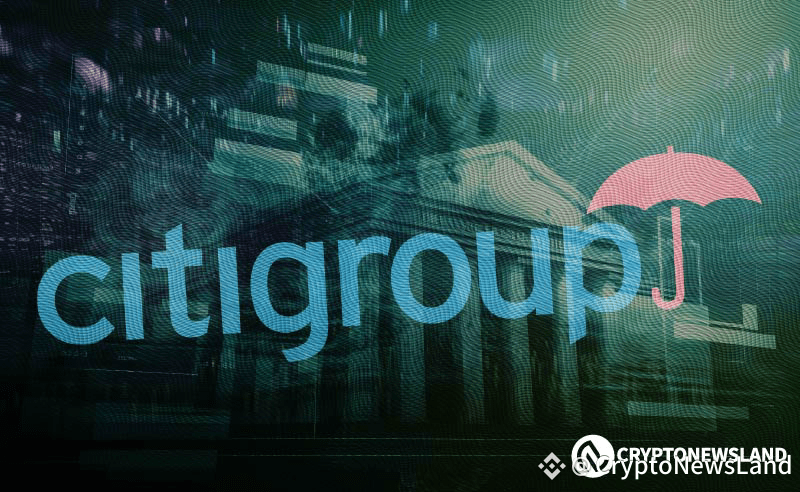
Citigroup plans to offer custody for stablecoin assets and expand into crypto ETF and blockchain payments.
US banking groups push for a ban on stablecoin yield payments to prevent large deposit outflows from banks.
Stablecoin supply rises to 252 billion in 2025 with USDT leading while USDC and PYUSD record strong growth.
Citigroup is preparing to expand into stablecoin custody, crypto exchange-traded fund services, and blockchain-based payments. The $2.57 trillion bank is exploring services that could position it at the center of regulated digital asset infrastructure.
https://twitter.com/WuBlockchain/status/1956057842542371226 Stablecoin Custody Under New U.S. Rules
The GENIUS Act now requires stablecoin issuers to hold safe assets such as the U.S. Treasuries or cash. This opens the door for traditional custody banks. Citi is evaluating custody services for these backing assets. The bank’s services arm, which handles treasury and payments for corporations, remains a core focus during its ongoing restructuring.
The stablecoin market has moved beyond crypto trading into mainstream payments. Around $250 billion in stablecoins are currently issued, but most activity stays within crypto. Citi views the new legislation as a key moment. The bank is also considering launching its own stablecoin while expanding its tokenized deposit services.
Broader Digital Asset Ambitions
Citi’s plans extend to custody for digital assets backing crypto ETFs. The U.S. Securities and Exchange Commission approved spot bitcoin ETFs last year. BlackRock’s product now holds a market cap near $90 billion. These ETFs require secure custody of matching digital assets. Coinbase currently leads this space, working with over 80% of issuers.
Citi already operates blockchain-based dollar transfers between accounts in New York, London, and Hong Kong. These transfers function around the clock. The bank is developing services to move stablecoins between accounts or convert them instantly to dollars for payments. Client discussions are ongoing to identify practical uses.
Regulatory Environment and Compliance Requirements
Regulators have become more open to bank participation in digital assets under the current U.S. administration. However, strict compliance remains. Citi will need to meet anti-money laundering rules and foreign currency controls.
Custody operations must ensure assets are legitimate and secured through strong cyber and operational safeguards.
Banking Groups Seek Stablecoin Yield Restrictions
Five major U.S. banking associations are pressing Congress to ban stablecoin yield payments by issuers’ affiliates. They argue the GENIUS Act’s current wording leaves a gap for exchanges and related entities to pay interest. Treasury estimates suggest such products could shift up to $6.6 trillion from bank deposits, straining funding and raising borrowing costs.
https://twitter.com/CoinCrazeCen/status/1956240671507173857
The groups stress that bank deposits are essential for lending, while stablecoins lack lending oversight. They also warn joint marketing between issuers and exchanges could speed withdrawals in times of stress.
They want the prohibition extended to all intermediaries involved in stablecoin transactions. The debate intensifies as stablecoin supply climbs to $252 billion in early 2025, with USDT dominant and USDC and PYUSD expanding.


